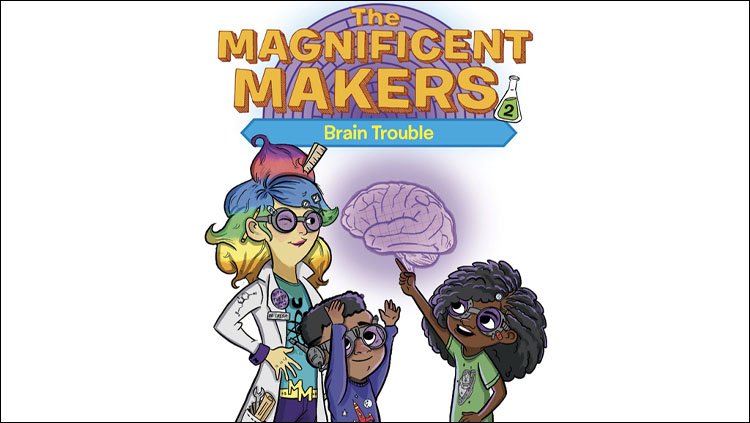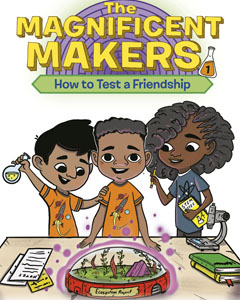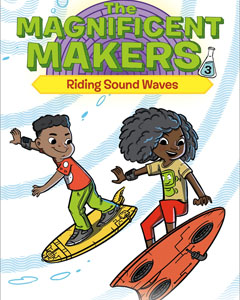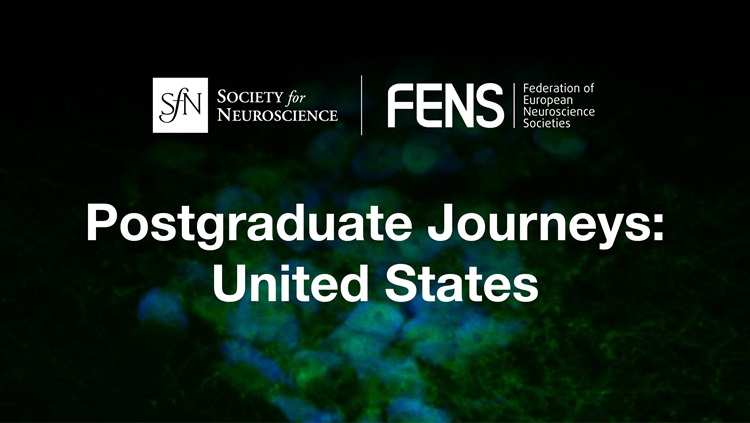
Since I was a child, I’ve had two passions: science and storytelling. For the vast majority of my career, I’ve pursued the former. I majored in neuroscience at Smith College and went on to earn my doctorate at Northwestern University. I recently completed my postdoctoral training at Columbia and will soon open my independent laboratory in the Department of Physiology and Membrane Biology at the University of California Davis.
Sounds like a typical climb up the academic ladder, right? Yet despite this traditional career trajectory, my passion for storytelling was ever-present. After nearly a decade as a scientist, I decided to combine it with my longstanding commitment to science education as a children’s book writer. My debut science adventure series, The Magnificent Makers, was recently published by Random House Children’s Books. As I delved into the world of writing for kids, I discovered four key aspects of my scientific training that were directly applicable to my journey as an author.

Expertise
Publishing houses love to work with experts. Even if you have yet to complete your graduate training, you’re more of an expert than you give yourself credit for. Harnessing that expertise not only lends credence to the stories you write, but also allows you to leverage your status and market your work to a broader audience. This is particularly true when writing STEM-themed or even STEM-adjacent books. For example, with The Magnificent Makers, my goal was to write fictional stories that help kids learn different science concepts in an exciting and fun fashion. But I didn’t have to use my expertise in such a direct manner. I could have also leaned on my knowledge of the science realm to write a contemporary novel about an illicit lab romance or a speculative fiction story that asks the question, “What if we did that with CRISPR?” The options are truly limitless, and people in the publishing industry are eager for our perspective.
Creativity
Despite the popular misconception that scientists are overly logical or rational, we are largely a creative group of people. We are taught to be creative from the onset of our training. We are encouraged to be innovative when thinking about scientific questions. We are challenged to use our imagination and envision problems and solutions that don't yet exist. While traditionally referred to as critical thinking skills, I would rename them as creative thinking skills. These skills prime us to write amazing stories with never-before-seen worlds. Even if fiction isn't your genre of choice, you can still harness that creativity, for example, to devise a new and engaging format to craft a nonfiction piece.
Storytelling
Whether it be fiction or nonfiction, a research manuscript or grant proposal, our writing must tell a good story. Perhaps one of the more challenging facets of our scientific training is learning how to get others to understand the importance and relevance of our ideas. Effective science communication has been a training milestone at each level of my career. I’ve been taught the nitty-gritty of writing mechanics, from avoiding repetition and effective use of topic sentences, to more abstract concepts such as how to get the reader invested in what you’re writing. It goes without saying how important writing skills are for a career in science. Indeed, an anthropological study of laboratory life found the lab to be “. . .a system of literary inscription.” Those same writing skills, when paired with creative thinking skills, make pursuing a writing career all the more attainable.

Revisions
Revising written work is another strong suit of most scientists and is one of the most important skills for authors to master. As researchers, we are — for better or worse — used to things not working the first time we try them, whether it be a new experiment or the first draft of a specific aims page. Think back to the first fellowship application you wrote. If yours was anything like mine, it involved seemingly infinite rounds of drafting with your PI. Although my writing skills have since improved considerably, I still go through many drafts before I’m satisfied with any written work I produce. I went through several iterations of all three books in The Magnificent Makers series before my editor and I agreed they were ready for publication. As scientists, we are accustomed to going back and forth with “editors,” whether they be our PI or a colleague. The ability and willingness to revise your writing is yet another skill directly applicable to a career as an author.
Lastly, I would like to emphasize that a writing career does not have to be chosen over a scientific one. The two can be pursued in parallel, and many of the skills we obtain during our training are the same as those required to find success in the publishing world.
So remember, whether you’ve been sitting on a book idea for a while or recently felt inspired to pursue creative avenues outside of science, it’s never too late to chase a dream deferred.








